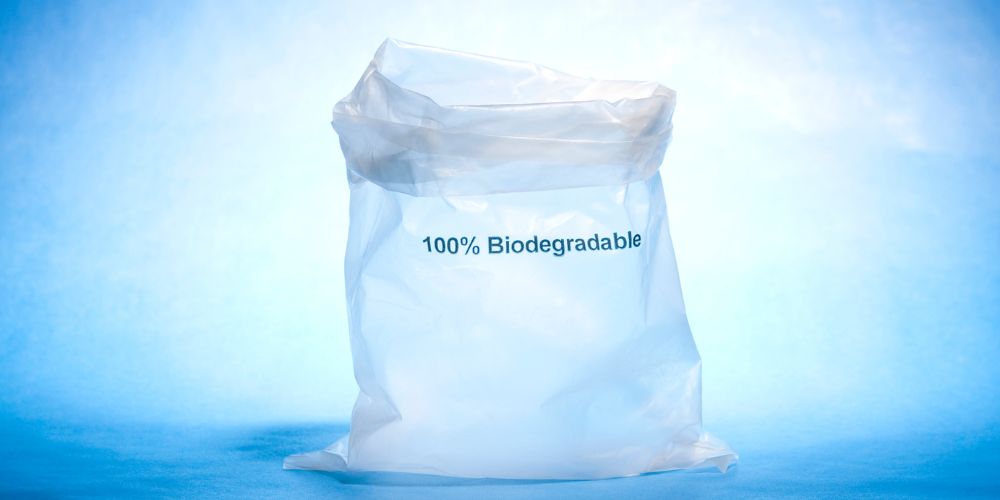India is a country with a massive population and a growing economy. With that growth comes a tremendous amount of waste, including plastic. The Indian government has taken steps to reduce plastic use and promote biodegradable alternatives. But are biodegradable plastics really the solution to our plastic pollution problem? Let’s find out the truth about biodegradable plastics and their impact on the environment in India.
In India, plastic waste is a significant problem. According to a report by the Central Pollution Control Board, India generates an estimated 26,000 tonnes of plastic waste per day, of which only about 60% is recycled. The rest ends up in landfills, oceans, and other natural environments, causing environmental damage and threatening wildlife.
Biodegradable plastics are often marketed as a solution to this problem, as they are designed to decompose quickly in natural conditions. But the reality is not that simple. A study by the Indian Institute of Technology found that biodegradable plastics, especially those marketed as “compostable,” didn’t break down as expected in Indian conditions. In fact, they can take years to decompose, just like traditional plastics.
Additionally, the production of biodegradable plastics requires a significant amount of resources, including water and energy. The Indian government has taken steps to promote the use of biodegradable plastics, but experts argue that it may not be the best solution. Instead, they suggest that reducing plastic use and increasing recycling efforts may be a more effective way to tackle the plastic waste problem.
In recent years, India has taken significant steps to reduce plastic use. For example, the government has banned the use of single-use plastic in several states and cities, and encourages the use of cloth bags and other reusable alternatives. Additionally, many companies have started to adopt more sustainable practices, such as using eco-friendly packaging and reducing plastic in their products.
In conclusion, while biodegradable plastics may seem like a solution to the plastic pollution problem in India, the truth is not that simple. By reducing plastic use and increasing recycling efforts, we can make a more significant impact and make the future greener and more sustainable.


